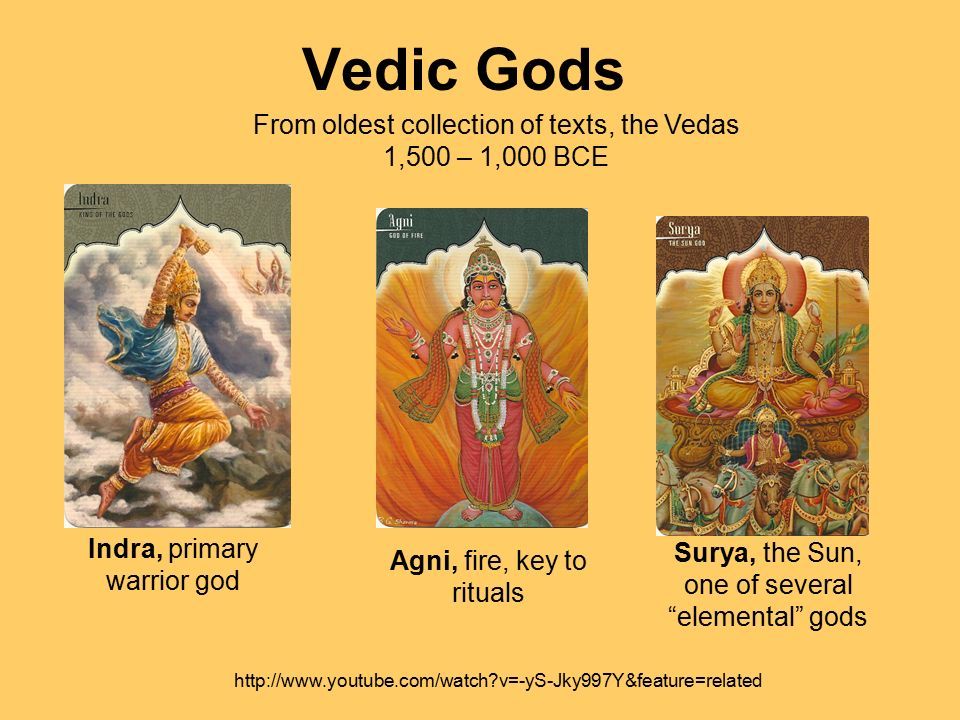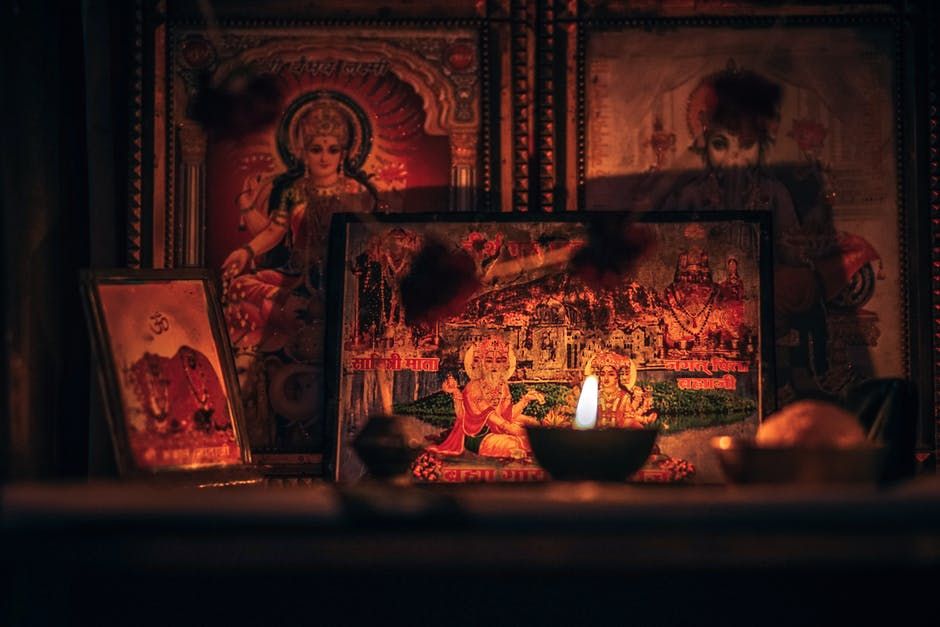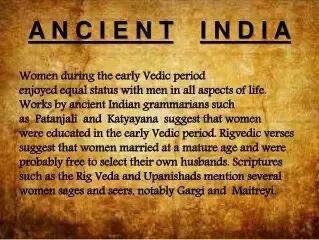Vedic Religion Offers More Freedom Of Thought, Expression, And Choices!
May 04, 2019 • 81 views
India is a nation of diverse traditions and cultures and it was possible for her to become one for its roots were tolerant and accepting of several thought processes and individual choices. But, what we saw in the later Vedic period and during the time of slavery under foreign rulers is that the religion not only lost its core values but also spread false views which ultimately made it be seen as discriminating, corrupt, and pile of lies and hollow words. We very well know the present day view of religion. It is something that people find a rigid and authoritative set of codes trying to enslave them and rule their choices in life.
Coming down to seeking the truth of it and reinterpreting its teachings for the sake of the sanctity of our own ancient set of values, Vedic religion not only offered one freedom of thought but also accepted the various ways of reaching spiritual and emotional satisfaction.

The devotion (bhakti) is one of the different modes given by the Upanishads. It trains us to fix our minds on a single object and prepares us for contemplation of the Supreme Reality and thus deliverance. Many religions will forbid the worship of symbols but they (in Vedic culture) are used to make the truth intelligible, to make the unhearable audible. They are the tangible supports for contemplation as the Vedas believe them to be. The saying that “Worshiping idols is one of the mortal sins” and is according to some, looks at the Vedic culture only from the outside. The images are all framed to mediate between the Supreme Absolute and finite intelligence. As the book ‘The Principal Upanisads’ states, ”The individual is free to select for worship any form of the Supreme. This freedom of Choice ‘ista-devataradhana’ means that the different forms are all included in the Supreme. The acceptance of one form does not mean the rejection of others.” Evidently, Vedas have space for all.

Contrary to the claim of some religions, worshipping idols does not take us away from the truth. "The symbols are not entirely subjective. The relativity of the symbols does not destroy either our capacity to discover the truth or our faith in the existence of the objective reality. It is true that different objects appear differently from different points of view, but the validity of different points of view need not be denied.” The Vedas do not lay stress on a set of rites and limited dogmas. They help us understand that the life of the spirit is wider than any particular religious formulation. Thus, we may use any symbols and methods which may help bring about the change of consciousness and this proves that all the other religious rituals and ways too have been given a path along with it since ever. ”The worship of determinate form is recommended as a preparation for the apprehension of non-determined Reality,”

When it comes to choices how can one forget the right to choose one’s spouse? Our society has seen riots, conflicts, thousands of honor killings when it comes to inter-caste and inter-religious marriages. Even today’s generation will not take a stand to break these barriers that divide us. Irrespective of what other religion may state as a fact or letters engraved in stone by God Himself, there was no such compulsion in Vedic culture. People married in different kingdoms and different tribes and in different castes. Even if there were inter-religion marriages, it was nothing against the codes of religion as all are believed to be born from one and destined to be dissolved in unity.

If we look at the teachings of Geeta, we will find that more modern than we were the paths showed thousands of years ago. Chapter 1, Verse 40,41 and Chapter 2, Verse 3 are tight slaps on the face of honour killings and religious fanatics in India. Vedic religion doesn’t obstruct your choice of spouse if he or she is compatible.
One should understand that loyalty to a particular tradition means not only concord with the past but also freedom from the past. Tradition is not a rigid, hidebound framework which cripples the life of the spirit and so teaches the Veda. These forms of acceptance have been a persistent character of India’s religious life. So, we should stop criticizing in bad faith and start understanding that the misdoings and lack of knowledge of superstitious and ignorant masses do not define the spirit of religion.
